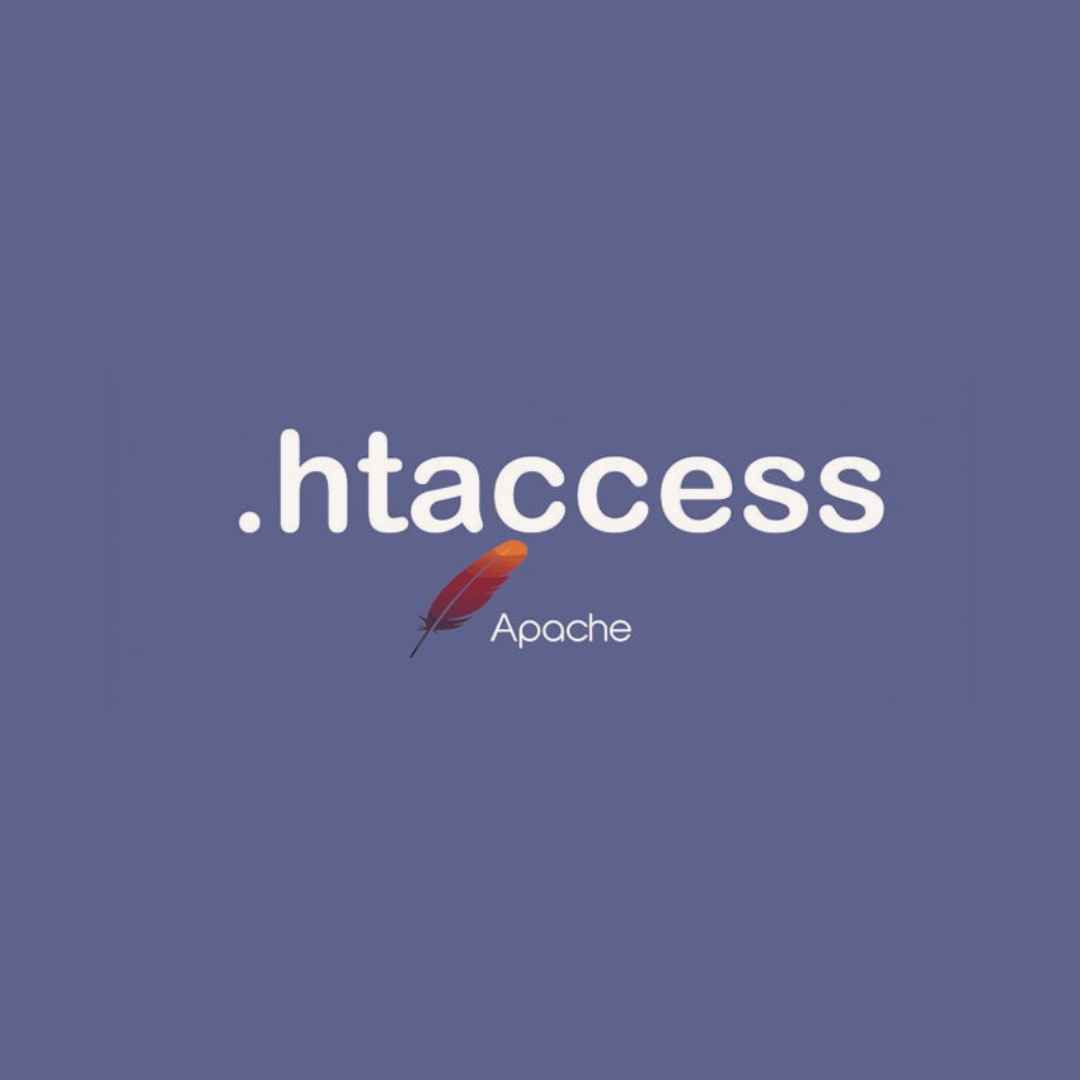What Are Different Types of Web Developer?
Web developers are professionals who create websites and web applications using various technologies and tools.
Web development is a broad field that encompasses many different skills and technologies. Web developers are responsible for creating, maintaining, and improving websites and web applications. However, not all web developers do the same kind of work. In fact, there are different types of web developers, each with their own specialization and focus. In this blog post, we will explore some of the most common types of web developers and what they do.
Front-end developers
Front-end developers are the ones who deal with the visual and interactive aspects of a website. They use languages like HTML, CSS, and JavaScript to create the layout, design, and functionality of a web page. Front-end developers also ensure that the website is responsive, meaning that it adapts to different screen sizes and devices. Front-end developers often work closely with designers and UX experts to create a user-friendly and attractive website.
Back-end developers
Back-end developers are the ones who handle the data and logic behind a website. They use languages like PHP, Python, Ruby, Java, or C# to create the server-side code that communicates with databases, APIs, and other web services. Back-end developers also ensure that the website is secure, fast, and scalable. Back-end developers often work closely with front-end developers to integrate their code and provide the data needed for the website.
Full-stack developers
Full-stack developers are the ones who can do both front-end and back-end development. They have a comprehensive knowledge of both the client side and the server side of a website. Full-stack developers can use various technologies and frameworks to create a complete web application from scratch. Full-stack developers are often in high demand because they can handle multiple aspects of a web project.
Other types of web developers
Besides the three main types of web developers mentioned above, there are also other types of web developers who specialize in specific areas or technologies. For example, there are:
- Web designers: who focus on the aesthetic and creative aspects of a website, using tools like Photoshop, Illustrator, or Sketch.
- UX/UI designers: who focus on the user experience and user interface of a website, using tools like Figma, Adobe XD, or InVision.
- WordPress developers: who focus on creating websites using WordPress, a popular content management system that powers over 40% of the web.
- E-commerce developers: who focus on creating online stores using platforms like Shopify, Magento, or WooCommerce.
- Mobile developers: who focus on creating mobile applications using technologies like React Native, Flutter, or Swift.
Conclusion
As you can see, web development is a diverse and dynamic field that offers many opportunities for learning and growth. Whether you want to become a front-end developer, a back-end developer, a full-stack developer, or another type of web developer, you will need to master various skills and technologies to succeed in this industry. If you are interested in learning more about web development, you can check out some of the online courses and resources available on our website.
Share This Post
Related Articles
What is the Landing Page?
A landing page is a web page that is designed to capture the attention of visitors and persuade them to take a specific action, such as signing up for a newsletter, downloading a free ebook, or buying a product. Landing pages are usually focused on a single goal and have minimal distractions, such as navigation menus or links to other pages. Landing pages are often used in online marketing campaigns to increase conversions and generate leads.
How to Achieve Cost-Effective Web Development for Small Businesses
Discover strategies and tips for small businesses to create an impactful online presence without breaking the bank. Learn how to make the most of your budget while ensuring an effective and user-friendly website.
What is .htaccess File?
.htaccess is a configuration file that allows web server administrators to control various aspects of their websites, such as access permissions, redirections, caching, and security. The file name starts with a dot (.) to indicate that it is a hidden file in Unix-like systems. The file is usually placed in the root directory of the website or in any subdirectory where the settings should apply.
A Beginner's Guide to Using Git for Version Control in Web Development Projects
Git is a popular tool for managing web development projects. It allows you to track changes, collaborate with others, and revert to previous versions of your code. In this guide, we will cover some basic concepts and commands of Git, such as repositories, branches, commits, and pull requests. By the end of this guide, you should be able to use Git for your own web development projects.
WordPress Plugins: A Guide for Beginners
WordPress plugins are software components that extend the functionality and features of the WordPress platform. They can help you create and manage various types of websites, such as blogs, e-commerce, portfolios, forums, and more. WordPress plugins are easy to install and customize, and there are thousands of free and premium options available for different purposes and niches. Some of the most popular WordPress plugins are WooCommerce, Yoast SEO, Elementor, Jetpack, and Contact Form 7.
Related FAQ
No related FAQ.
Say Hello
To Your Dream





